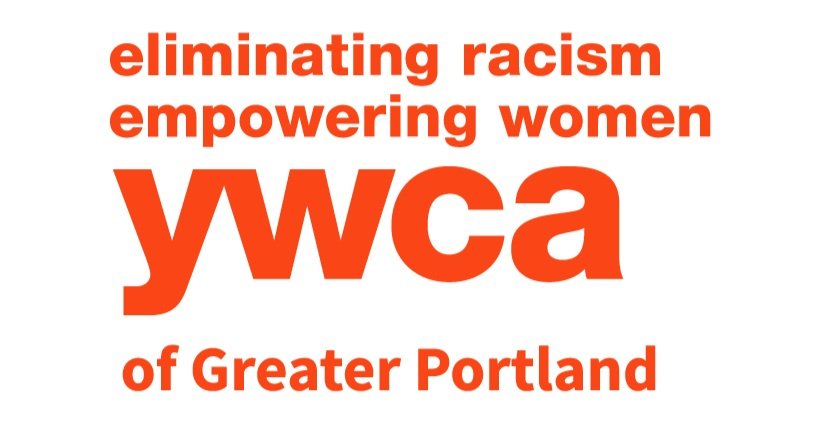
YWCA of Greater Portland BELIEVES SURVIVORS
We’re Glad You’re Here
Learn more about how we can help below

In Crisis?
Domestic and Sexual Violence 24/7 crisis line: (503) 235-5333 or 911 El Programa Hispano Proyecto UNICA: (503) 232-4448
Email GetServices@ywcapdx.org for services such as:
Restraining orders
Application to Address Confidentiality Program or Crime Victims Compensation Program
Safety and Stabilization Assessment for shelter access
Violence Against Women Act advocacy related to housing or employment
Referrals to other programs
and other domestic violence advocacy resource information.

Because domestic and sexual violence is a plague on our community
What we do ↘
Using trauma-informed and housing-first care models, we work to increase Survivors’ safety, economic security, and housing stability during and immediately following emergency crisis situations.
YWCA of Greater Portland is Survivor-centered and Survivor-led. We offer peer support and understanding to the Survivors we serve.
Our Services ↘
-

Navigation
Our advocates assist at a hotline located at Gateway Center for DV Survivors connecting them to the personal support to find safety and security. We advocate for our program participants so they don’t get lost in or mistreated by unfair systems.
-

Communities of Restoration and Healing
Our CoRH program supports Survivors and their families with safe and stable shared co-housing. YWCA operates 5 democratically-run houses with 34 units where Survivors and their families can heal from trauma and rebuild residency in community.
-

Therapy Services
With a focus on trauma and the effects of traumatic brain injury (TBI) on mental health, our therapy team provides Survivors with free therapy. Our therapists have extensive experience addressing sexual assault, intimate partner violence, and sensitivity to the effects of violence on children. We also offer a trauma-informed clinical training program for counseling interns to gain experience working with Survivors.
-

In-Reach
Working in encampments and shelters throughout the County to connect unhoused Survivors with safe and stable housing, the In Reach Team provides resource connection, financial support, advocacy, and retention services for up to 1 year after housing placement.

Interested in becoming a Domestic Violence Advocate?
YWCA offers the 40-Hour Domestic Violence Advocacy Training to community members who are looking to become domestic violence advocates. This training ensures that the needs of domestic violence Survivors have been met and served through a trauma informed, culturally responsive lens.
Donate a Safe Stay for a Survivor ↘
You can purchase a credit for a Safe Stay through the program ReloShare for Survivors fleeing domestic and/or sexual violence. YWCA’s Survivor Services team uses the credits to purchase hotel stays for our clients, Survivors, to provide them with a safe night stay at a local hotel.
Identify Abuse ↘
This is the first step. Ask yourself if any of these signs point to your relationship health.
Red Flags
Unhealthy Relationship Checkpoints ⏺
Does your partner…
Get jealous easily or accuse you of having an affair?
Have abuse in family history?
Throw objects at you or destroy your property?
Make you account for every moment you are away?
Restrain you?
Ridicule you?
Threaten to hurt you, your children, or your pets?
Manipulate you with lies or promises?
Threaten to or force you to have sex?
Make you feel you don’t have the right to say “no” or disagree?
Isolate you from family, friends, work?
Make all the decisions in the home for you?
Have previous contact with the justice system?
Control all of the money?
Have weapons?
Green Flags
Healthy Relationship Checkpoints ⏺
Does your partner…
View you as an equal?
Respect you and treat you fairly?
Make you feel safe (emotionally and physically)?
Discuss disagreements peacefully?
Allow the relationship to go at your pace?
Act as a positive role model for your children?
Value your opinions?
Communicate openly and honestly?
Support your goals in life?
Make family and money decisions together with you?
Compromise?
Have a positive image of family?
Make your friends and family feel comfortable?




